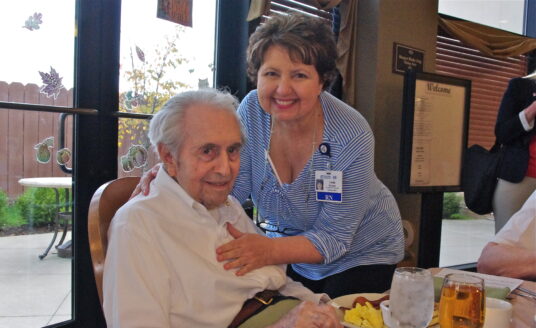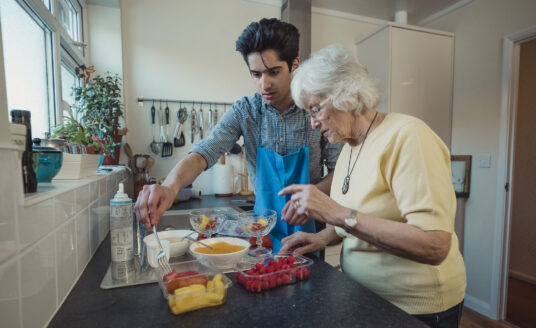One of the most difficult things for aging adults to understand is that, because they need help, they are placing additional responsibilities on their family members. Having spent a lifetime being the mainstay for their children, now they feel a burden to them, especially if family members are heatedly disagreeing with next steps for them. The situation worsens for the senior if the family is displaying bad behavior that can damage relationships. This is why navigating family tension is crucial when caring for a loved one.
What are these tensions about and why do they surface at a time when Mom and Dad particularly need to feel the love and support of a united family?
Bad History
Tension among family members is naturally high when parents need help. Their parents are growing older, and the roles between parents and children have begun to reverse. It is the parents who need care, instead of being the source of care to their children.
Heightened tensions can also bring back some negative memories, reaching back to early childhood. Remembered slights, insults, and arguments without relevance to present day are revived amongst siblings because people often lash out when they are upset.
Differing Views
Adult children may disagree over what Mom or Dad need. This is especially true when some of the children live far away and have little contact with their parents, while their siblings who live close by witness what is happening in the parents’ home almost daily. It may be difficult for the siblings to express that Mom cannot climb stairs anymore, and Dad has no business driving.
Problems and the Primary Caregiver
Typically, one person becomes the primary caregiver for Mom and Dad, which sometimes results in more resentment than gratitude. The distant relatives feel guilty about their absence, and express that feeling by second-guessing what decisions the caregiver has made.
The primary caregiver who has provided the bulk of the care may also harbor some resentment because of the disproportionate sacrifice. In addition, the caregiver may be reluctant to listen to other family members’ views, believing no one could know better than themselves about what needs to be done for their loved ones.
Money Problems
Discussions about finances can become heated as well. Is money being wasted by the primary caregiver on ineffective or unneeded care, or is more expensive care needed? How are the parents’ investments being handled? Is the family receiving the full story about finances? What needs to be done to make the money meet the needs?
Successfully Navigating Family Tension
The solution to easing family tension is to remember the end goal – addressing the needs of the senior loved ones.
In other words, if you are a family member involved in a discussion about what to do for Mom or Dad remember one thing: It’s not about you. It’s not about what happened in the past, or how you feel about your overbearing siblings. It’s about finding the best solution for your senior loved ones.
Be kind and respectful in the family discussion, and make sure your parents are involved in the conversation and decisions that result.
Step back from your emotions and gain a perspective on your parents’ situation now, not how you remember them from 10 or 20 years ago. Be realistic about what they need.
When navigating family tension, consider the expertise of a geriatric care manager. These skilled and experienced managers can provide a host of services, wide-ranging knowledge about available resources, and the next steps to take. A geriatric care manager’s skill set and roles can include:
- Medical system navigator
- Benefits consultant
- Communication coordinator among family members
- Resource coordinator
The most effective care manager is a problem solver who can advise how seniors can stay in their home and when it is best to enter a senior living community. They can reduce the complexity and subsequent anxiety that comes with the aging process for the senior and the family.
They also help resolve family differences because they bring no personal family history with them, just a focus on the needs and wishes of the senior and his or her family.
It’s not easy making decisions about the care of a senior loved one, and it’s even more difficult when family members disagree. That’s where Bethesda’s Care Management program comes in. Our Care Managers can help you and your loved ones develop a customized care plan that ensures your senior loved one receives the right level of care. Contact us to learn more.
| With 133 years of experience, Bethesda has become a leader in senior care, offering independent living, assisted living, memory care, and skilled nursing. To see if assisted living is right for your family, tour either of our communities: Bethesda Hawthorne Place or Assisted Living at Charless Village. After meeting with our residents and highly trained staff, you will instantly feel at home. |
Want to find out more?
If you’d like to stay up to date with Bethesda Health Group, sign up here to receive our blog and newsletters!
"*" indicates required fields
Related Articles
Want to find out more?
If you’d like to stay up to date with Bethesda Health Group, sign up here to receive our blog and newsletters!
"*" indicates required fields



